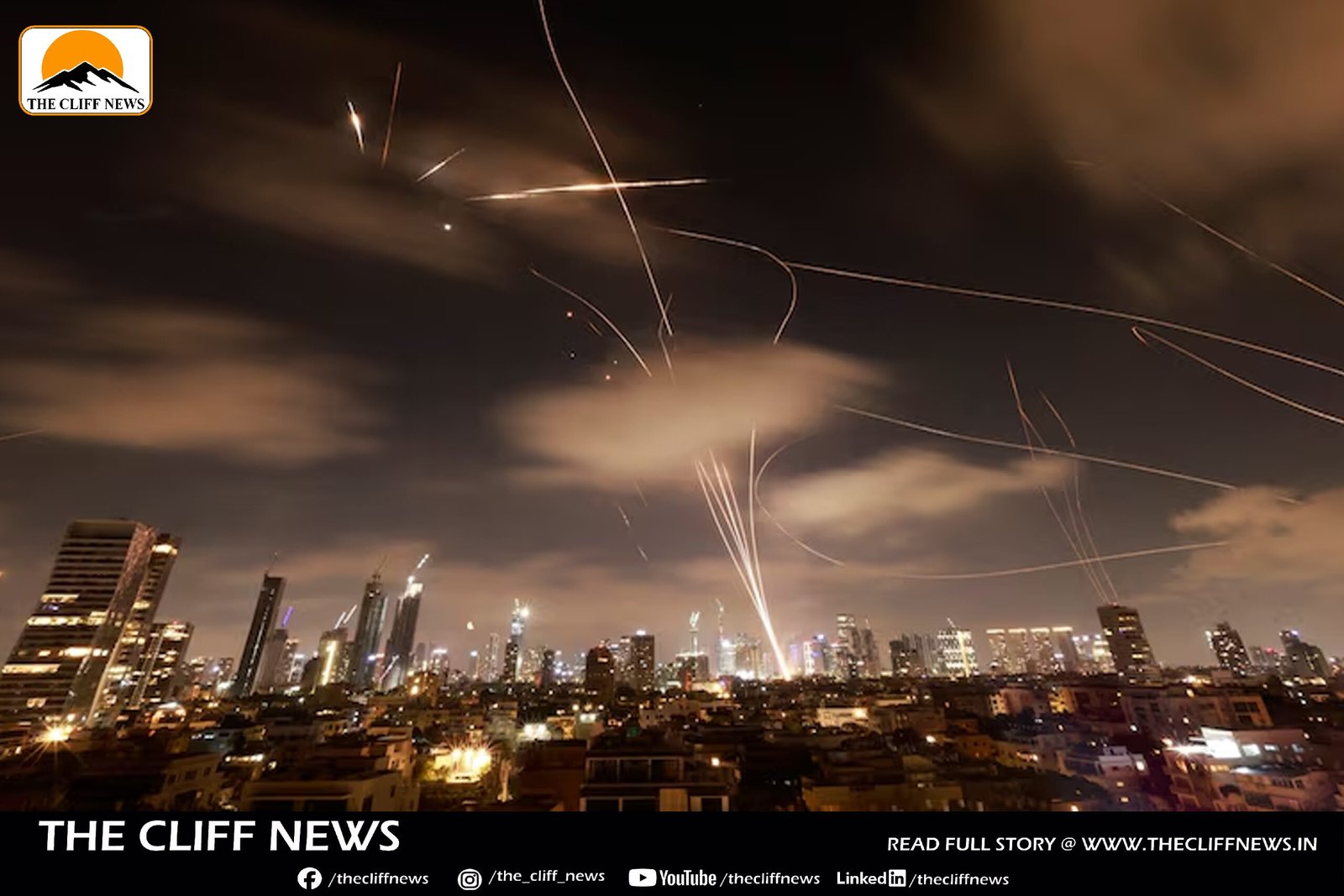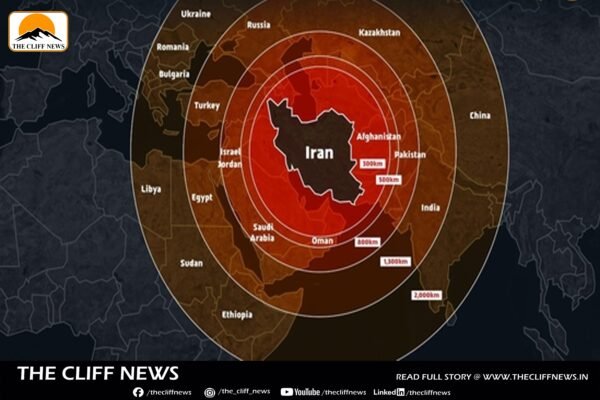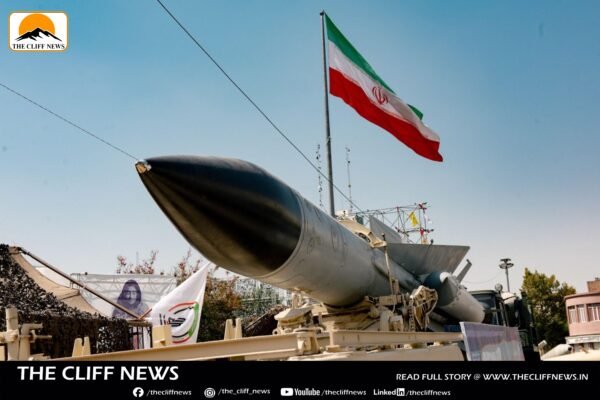In a surprising turn, Elon Musk on Wednesday expressed regret over his recent social media outbursts targeting U.S. President Donald Trump, admitting that his posts “went too far.” In a post on X (formerly Twitter), Musk wrote, “I regret some of my posts about President Donald Trump last week. They went too far.” The apology comes after a week-long public spat between the tech billionaire and the President, which captured massive attention online. The conflict began when Musk heavily criticized Trump’s sweeping tax and spending proposal—dubbed the “One Big Beautiful Bill” (OBBB)—calling it a “disgusting abomination” that would saddle Americans with unsustainable debt, potentially adding $3 trillion to the national deficit. Musk, who had previously endorsed Trump’s 2024 presidential campaign and reportedly spent $288 million in support, also appeared alongside the President at several campaign events. Trump, in turn, named Musk to lead a task force aimed at downsizing the federal workforce and slashing government spending. However, tensions flared after Musk stepped down from his advisory role and openly denounced the OBBB. Trump retaliated, claiming, “Elon was wearing thin. I asked him to leave […] and he just went CRAZY!” The feud escalated when Musk called for Trump’s impeachment and tweeted unverified allegations linking Trump to the Jeffrey Epstein scandal—posts that he has since deleted. While Musk’s deletion of several inflammatory tweets suggested an attempt to de-escalate the situation, Trump showed no sign of backing down. Posting on Truth Social, Trump warned Musk of “very serious consequences” if he chose to support Democrats in the 2026 midterm elections. Trump also took aim at Musk’s businesses, threatening to cut off federal subsidies and contracts. “The easiest way to save money in our Budget, Billions and Billions of Dollars, is to terminate Elon’s Governmental Subsidies and Contracts,” Trump wrote. “I was always surprised that Biden didn’t do it.” Despite Musk’s conciliatory statement, the fallout from this political and personal clash between the President and the world’s richest man remains uncertain.In a surprising turn, Elon Musk on Wednesday expressed regret over his recent social media outbursts targeting U.S. President Donald Trump, admitting that his posts “went too far.” In a post on X (formerly Twitter), Musk wrote, “I regret some of my posts about President Donald Trump last week. They went too far.” The apology comes after a week-long public spat between the tech billionaire and the President, which captured massive attention online. The conflict began when Musk heavily criticized Trump’s sweeping tax and spending proposal—dubbed the “One Big Beautiful Bill” (OBBB)—calling it a “disgusting abomination” that would saddle Americans with unsustainable debt, potentially adding $3 trillion to the national deficit. Musk, who had previously endorsed Trump’s 2024 presidential campaign and reportedly spent $288 million in support, also appeared alongside the President at several campaign events. Trump, in turn, named Musk to lead a task force aimed at downsizing the federal workforce and slashing government spending. However, tensions flared after Musk stepped down from his advisory role and openly denounced the OBBB. Trump retaliated, claiming, “Elon was wearing thin. I asked him to leave […] and he just went CRAZY!” The feud escalated when Musk called for Trump’s impeachment and tweeted unverified allegations linking Trump to the Jeffrey Epstein scandal—posts that he has since deleted. While Musk’s deletion of several inflammatory tweets suggested an attempt to de-escalate the situation, Trump showed no sign of backing down. Posting on Truth Social, Trump warned Musk of “very serious consequences” if he chose to support Democrats in the 2026 midterm elections. Trump also took aim at Musk’s businesses, threatening to cut off federal subsidies and contracts. “The easiest way to save money in our Budget, Billions and Billions of Dollars, is to terminate Elon’s Governmental Subsidies and Contracts,” Trump wrote. “I was always surprised that Biden didn’t do it.” Despite Musk’s conciliatory statement, the fallout from this political and personal clash between the President and the world’s richest man remains uncertain.










